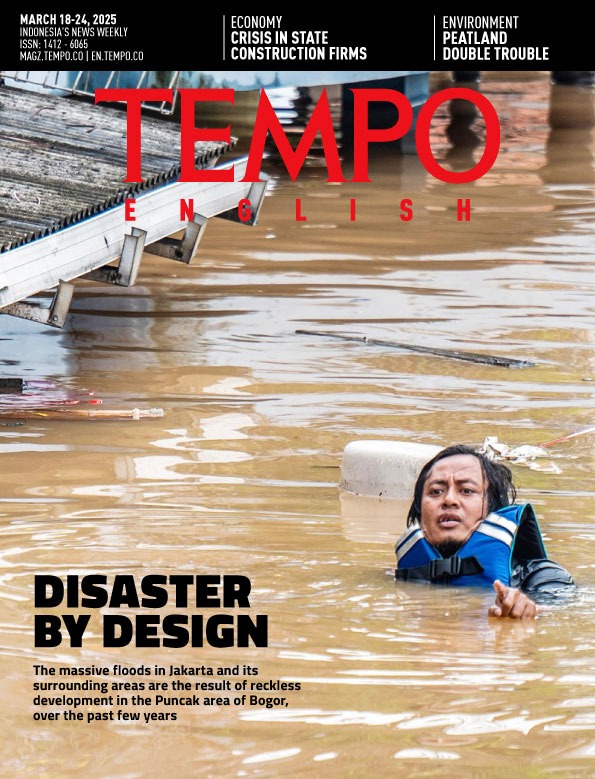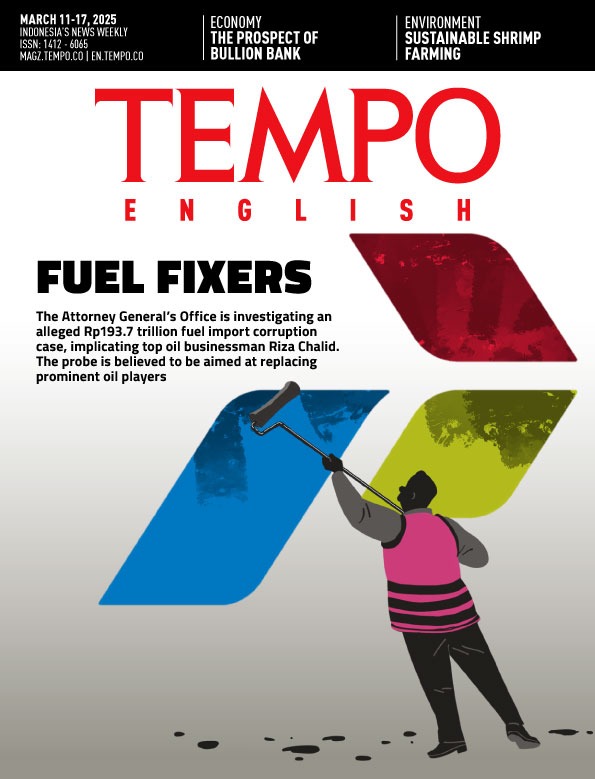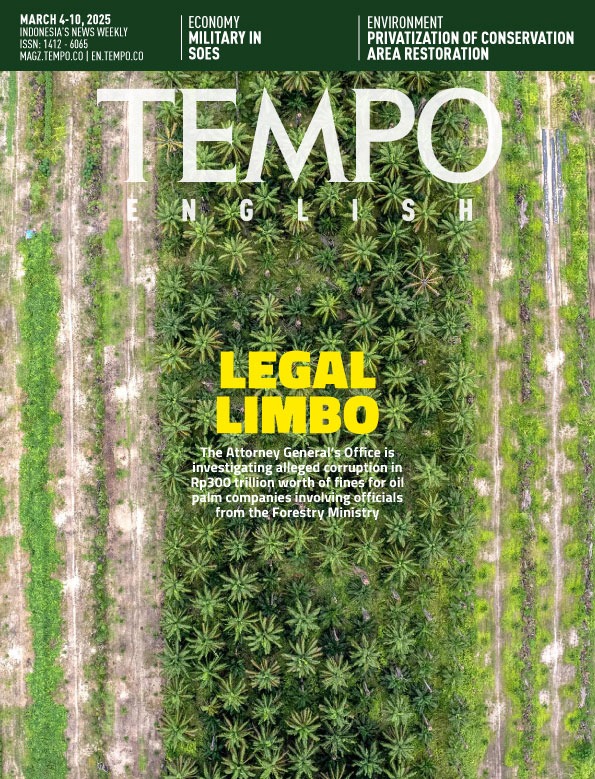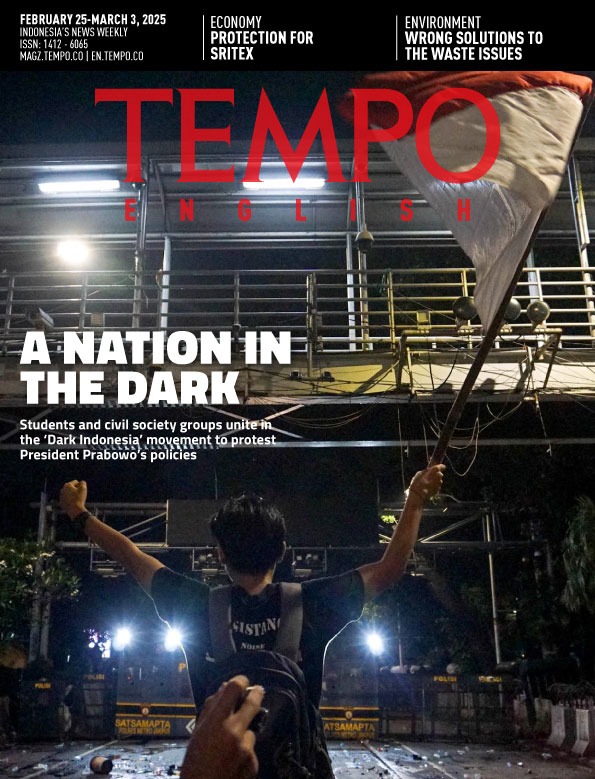Agus Widjojo, Governor, National Resilience Institute: We Are Too Dependent on TNI
Monday, December 14, 2020
arsip tempo : 174270171898.
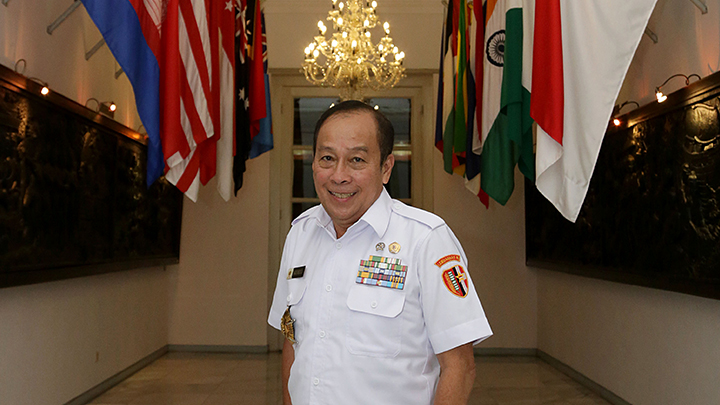
AGUS said the sweep ordered by Maj. Gen. Dudung Abdurrachman, the Jayakarta district military command’s commander, went beyond the military’s jurisdiction. “TNI (Indonesian Military) can’t launch actions on its own,” Agus, 73, said in a special interview with Tempo at his office last Tuesday, December 8.
Agus pointed out that it was the job of the regional government or the police to regulate billboards and ban
...
Subscribe to continue reading.
We craft news with stories.
 For the benefits of subscribing to Digital Tempo, See More
For the benefits of subscribing to Digital Tempo, See More





